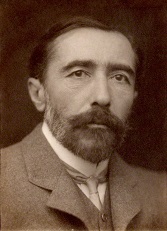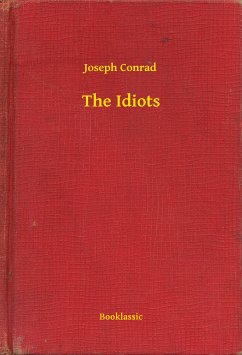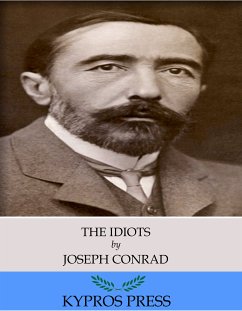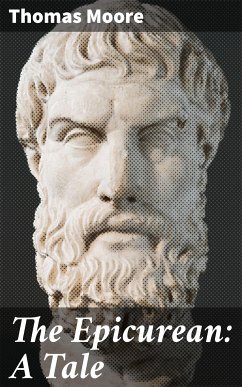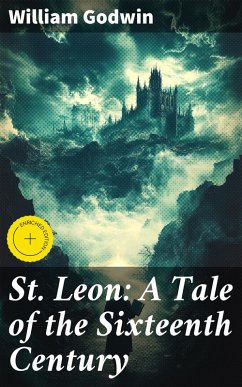
The Idiots (eBook, ePUB)
Enriched edition. Exploring the Dark Depths of Human Nature in Colonial Africa
Kommentar: Gainsborough, Harriet / Redaktion: Good Press
Versandkostenfrei!
Sofort per Download lieferbar
1,99 €
inkl. MwSt.
Weitere Ausgaben:

PAYBACK Punkte
0 °P sammeln!
In "The Idiots," Joseph Conrad crafts a psychologically rich narrative that delves into the complexities of human behavior and the social constructs that influence it. The novella, characterized by Conrad's signature modernist style, employs a stream-of-consciousness technique and vivid imagery, examining themes of isolation, societal critique, and moral ambiguity. Set against a backdrop of European society, the work reflects the author's keen observations of the human condition during a time of tumultuous change, drawing readers into the depths of the characters' existential struggles. Joseph...
In "The Idiots," Joseph Conrad crafts a psychologically rich narrative that delves into the complexities of human behavior and the social constructs that influence it. The novella, characterized by Conrad's signature modernist style, employs a stream-of-consciousness technique and vivid imagery, examining themes of isolation, societal critique, and moral ambiguity. Set against a backdrop of European society, the work reflects the author's keen observations of the human condition during a time of tumultuous change, drawing readers into the depths of the characters' existential struggles. Joseph Conrad, a Polish-British writer born in 1857, was profoundly influenced by his maritime experiences and the diverse cultures he encountered. His background of displacement and outsider status imbues his works with a unique perspective on the fragility of identity and humanity's inherent contradictions. "The Idiots" emerged from Conrad's own contemplations on societal norms and the often absurd tendencies of individuals within those constructs, showcasing his commitment to exploring the darker sides of intellect and spirit. Readers seeking a compelling exploration of human nature will find "The Idiots" to be a thought-provoking addition to Conrad's oeuvre. Its incisive commentary and intricate character studies make it a valuable piece for anyone interested in the interplay of morality and madness in modern literature. In this enriched edition, we have carefully created added value for your reading experience: - A succinct Introduction situates the work's timeless appeal and themes. - The Synopsis outlines the central plot, highlighting key developments without spoiling critical twists. - A detailed Historical Context immerses you in the era's events and influences that shaped the writing. - An Author Biography reveals milestones in the author's life, illuminating the personal insights behind the text. - A thorough Analysis dissects symbols, motifs, and character arcs to unearth underlying meanings. - Reflection questions prompt you to engage personally with the work's messages, connecting them to modern life. - Hand-picked Memorable Quotes shine a spotlight on moments of literary brilliance. - Interactive footnotes clarify unusual references, historical allusions, and archaic phrases for an effortless, more informed read.
Dieser Download kann aus rechtlichen Gründen nur mit Rechnungsadresse in A, B, BG, CY, CZ, D, DK, EW, E, FIN, F, GR, H, IRL, I, LT, L, LR, M, NL, PL, P, R, S, SLO, SK ausgeliefert werden.




